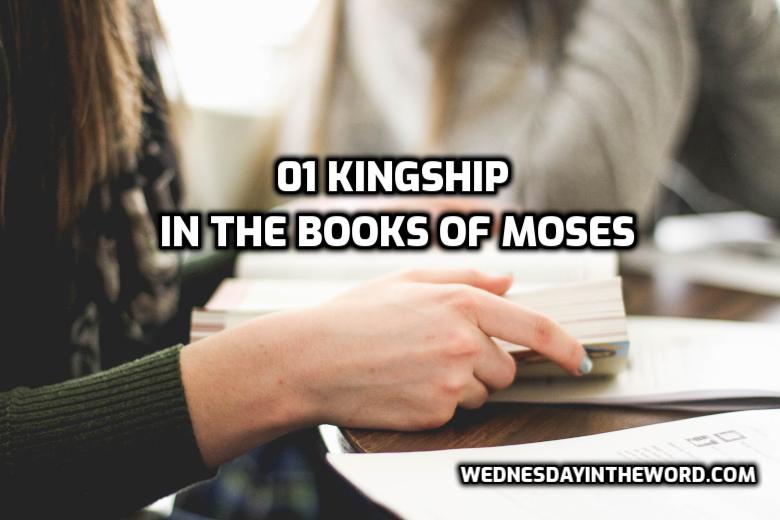The first of three plenary addresses given by Dr. Erika Moore during the 2013 Women in the Word Workshop, October 2013. Dr. Erika Moore is a Professor of Old Testament and Academic Dean at Trinity School for Ministry. She is also one of my favorite teachers, especially when she teaches on the Old Testament.
I am grateful to link to a small portion of her work here on Wednesday in the Word.
The following are notes I took from her talk.
We all live our lives out of story that provides the context for how we interpret and understand history. But the issue is not just whether we are part of a story or not, but whether the story we are part of is true.
Proper understanding of the Pentateuch can help us understand the Christian life and all of God’s creation. We are part of the biblical narrative – God’s plan to redeem a people for Himself.
The Pentateuch
- Pentateuch means 5-fold book: Genesis, Exodus, Leviticus, Numbers and Deuteronomy.
- See Introduction to the Pentateuch
- The Hebrew Bible divided into 3 parts: Law/Torah; Prophets; Writings
- The Hebrew Bible ends with Chronicles.
- See How the Old Testament is organized.
- The Pentateuch points to something greater than itself. Deuteronomy ends with a future looking note that anticipates something more.
- The Pentateuch is covenantal. It concerns God’s relationship to His people.
- Themes: promise/fulfillment, faithfulness/unfaithfulness, blessings/curses
- The Pentateuch is historical. It tells us what actually happened in the past. Many of the world’s religions are more philosophically based. We serve a God who has acted in history and time.
- The Pentateuch is didactic history. We are meant to learn from it.
- When studying, it’s important to identify genre because it helps us develop a reading strategy.
Unity of Pentateuch
- Think of the Pentateuch as a single book divided into 5 volumes.
- Gen 1-11 – Primeval history
- Gen 12 – Exodus 18 – Abraham begins the story of Israel; how one man becomes a nation and is liberated from slavery in Egypt. Then history stops at Sinai.
- Exodus 19:1 through Leviticus to Numbers 10:10 – covers approximately 1 year at Sinai. 59 chapters of Scripture are devoted to Sinai.
- Numbers 10:11 through Deuteronomy: The people set out from Sinai. Numbers ends with them poised to enter the promised land perched on the plains of Moab. Deuteronomy starts on the plains of Moab with Moses giving his farewell speeches.
- Each book of Pentateuch shows a movement and ends looking toward the future.
Purpose & Theme
- Purpose: to teach a life of dependence on God; every book emphasizes trusting God.
- Main theme is promise expressed in God’s covenant with Abraham.
- At the end of the Pentateuch, the promise is not yet fulfilled.
- The promise is threatened along the way (Sarah in the harem of foreign king; the barrenness of Rebekah & Rachel; the sibling rivalries Ishmael/Issac, Esau/Jacob, Joseph & his 11 brothers; the famine), but it is never negated.
Kingship
- Genesis begins with Kingship; God’s people in God’s place under God’s rule.
- In ancient royal literature contained the idea that a king should be able to create social order out of chaos and lawlessness. In Genesis 1-2, God brings order out of darkness and void.
- The God of Israel is sovereign and superior to other gods because when they create, they have to fight other lessor gods or aspects of creation. The God of Israel simply speaks and order results.
- Creation declares God is king. Eden speaks about his kingdom
- Adam and Eve live in willing obedience in God’s place until they assert their own independence and want to build their own kingdom.
- Judgment ensues.
- The rest of Scripture is about the restoration of God’s kingdom.
- The nation that comes from Abraham was to be a channel of divine blessing to the nations.
- God rules as King over Israel and through Israel the rest of the world will be blessed.
Next: 02 The King claims His People
Series: Erika Moore Collection
Photo by Sarah Noltner on Unsplash

